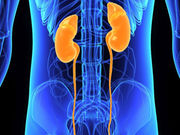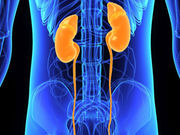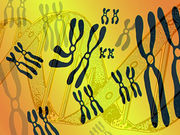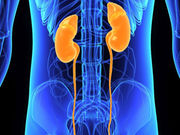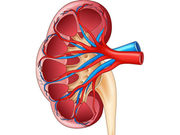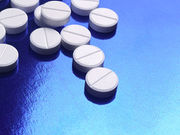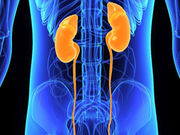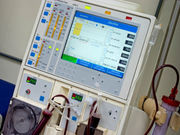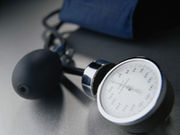Tag: Kidney Problems: Misc.
Most U.S. CKD Patients Receive Renal Replacement Therapy
Percentage of adults receiving, preparing to receive RRT varied with age, from 96.2 to 53.3 percent
Decline in eGFR Mainly Linear in Type 1 Diabetes
Trajectories in eGRF decline were linear for about 87 percent of patients, accelerating for 6 percent
Research Reveals 2 Genetic Loci Linked to Acute Kidney Injury
Four single-nucleotide polymorphisms at two loci identified in discovery, replication populations
Early Rx With Losartan Doesn’t Slow Kidney Disease Progression
Findings in American-Indians with type 2 diabetes and urine albumin/creatinine ratio <300 mg/g
Advanced Glycation End Products Tied to Renal Function Loss
AGEs improve RFL prediction in American-Indians with type 2 diabetes
Limited Dialyzability for Oxycodone, Noroxycodone
Significant mean reduction in oxycodone, noroxycodone arterial concentrations
August 2016 Briefing – Nephrology
Here are what the editors at HealthDay consider to be the most important developments in Nephrology for August 2016. This roundup includes the latest...
Donor, Recipient Characteristics Impact Transplant Costs
Living kidney donor costs up with higher degree of allosensitization; also linked to obesity
Metformin Linked to Increased Risk of Acute Dialysis in T2DM
Metformin-associated one-year risk of acute dialysis increased by 50.3 per 100,000 individuals
Albuminuria Linked to Higher Nighttime SBP in Hypertension
Significantly higher nighttime systolic BP, especially in patients with diabetes and low eGFR


